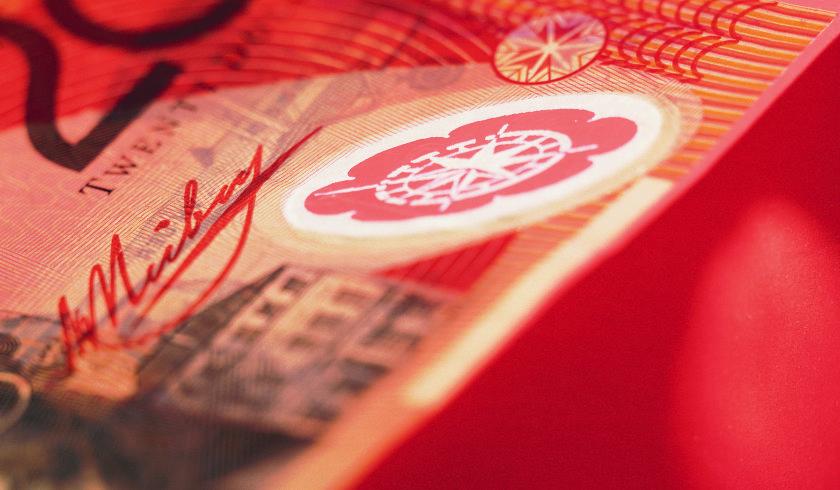How can you minimise the costs of holding an investment property?
Keeping and maintaining an investment property entails different expenses that usually varies depending on many factors, but budding property investors must not be discouraged to start their journey because there are several ways to minimise these costs.

After the initial costs of establishing an investment, a property investor must be prepared to shoulder the costs associated with holding a real estate asset, which includes loan repayments, council rates and land tax, water rates, insurance, body corporate fees, repairs and maintenance costs, property management fees, and tax on rental income.
While these may seem overwhelming, especially for people who are new to the property game, there are ways to spread holding costs over a period of time and ultimately minimise them.
Property professional Jack Needham shares some of the best ways to reduce a property investor’s expenses:
Self-manage your properties
There are property investors who choose to self-manage their properties instead of getting a professional’s help to eliminate services fees. This strategy, while effective for some, will require some adjustments to the investor’s budget and time.
According to Jack: “You will need to reserve funds for advertising the property each time it is vacated. You will also need to account for any lost income from your normal line of employment incurred as a result of managing issues with your property/tenants.”
Be on top of any maintenance requirement
Repairs and maintenance costs are considered to be one of the most difficult aspects of property ownership because they are hard to anticipate and control. Property investors must see to it that they are prepared for the moment any issue arises by knowing the current condition of the property as well as the insurance policies needed to be put in place to protect them from any tenant-related liabilities.
Reassess and review your repayment terms and rental price
It is vital to make sure that, as a property investor, you are updated on repayment terms for loans and the rental prices based on market movements.
Be aware of common tax deductions
Jack said: “If the costs of holding your property exceed the amount of income it generates, claiming negative gearing tax benefits will go some way to off-setting this loss. Negative gearing allows you to offset your property investment losses against your income, thereby reducing the amount of tax you owe.”
Common tax deductions include body corporate fees, borrowing and mortgage-related expenses, capital works costs, advertising fees, cleaning costs, agent commission and management fees, accountant fees, postage costs, stationary costs, and much more.
Know how the structure you keep your investment in works
Holding costs can also vary depending on different property investment structures, which involves different fees and tax liabilities.
“For example, holding a property in a trust or through a self-managed super fund will incur different costs and deductions to holding a property in your own name. The suitability of these different investment strategies should be discussed with a finance professional,” according to Jack.
Property investors must be diligent enough to maintain an updated budget that aligns with the income being generated by their investment property. If all these become a little too complicated, don’t hesitate to seek out the help of property professionals who are willing to understand your journey as well as your capabilities, limitations, and goals as a property investor.
